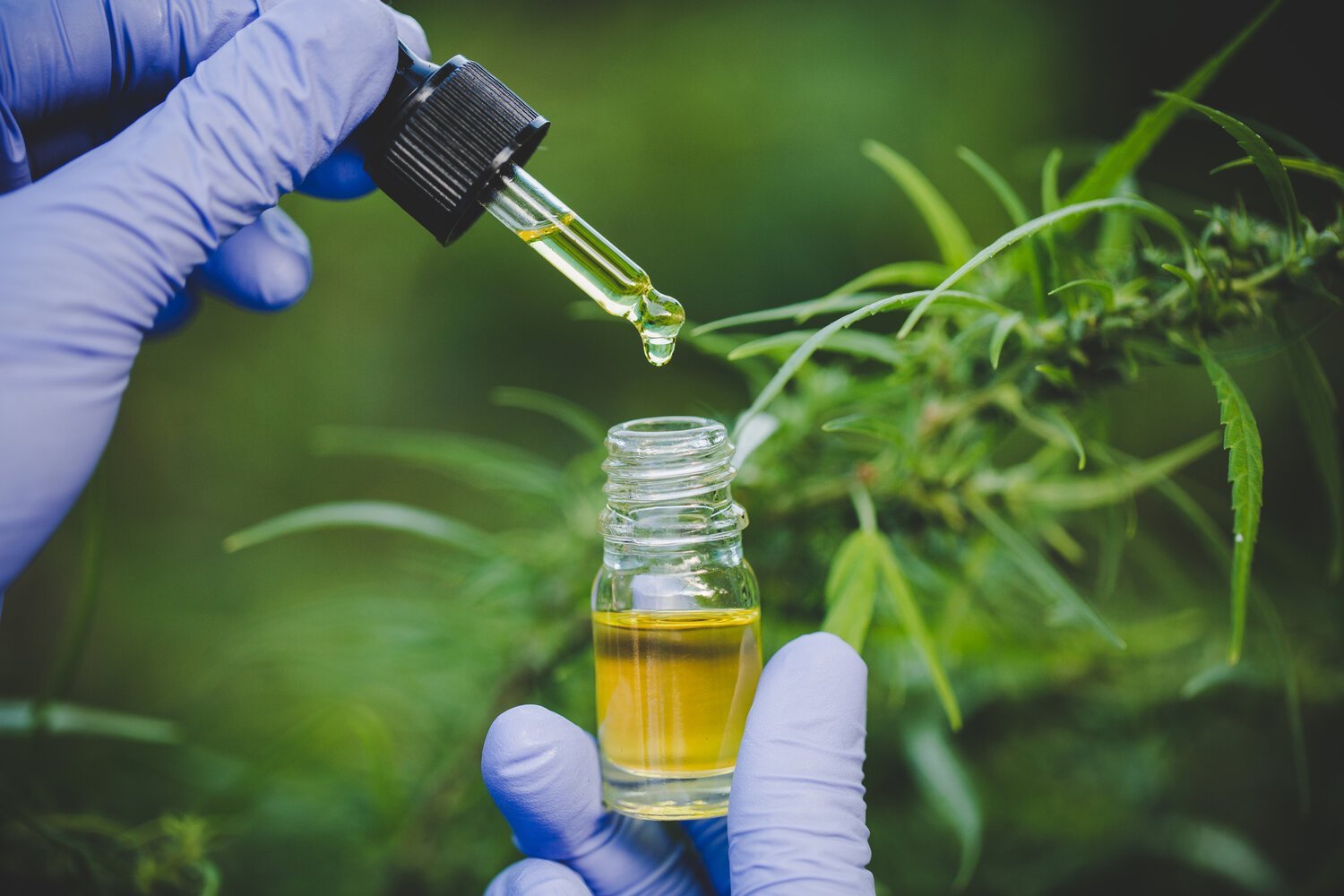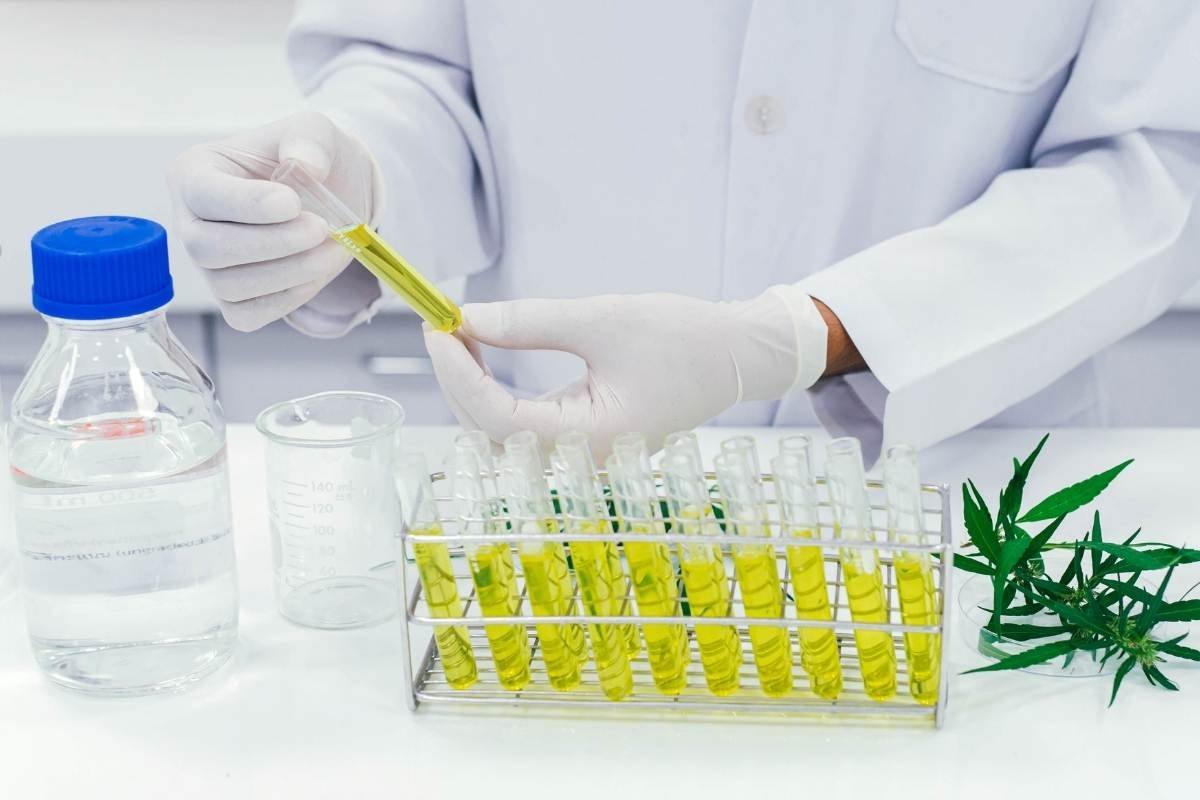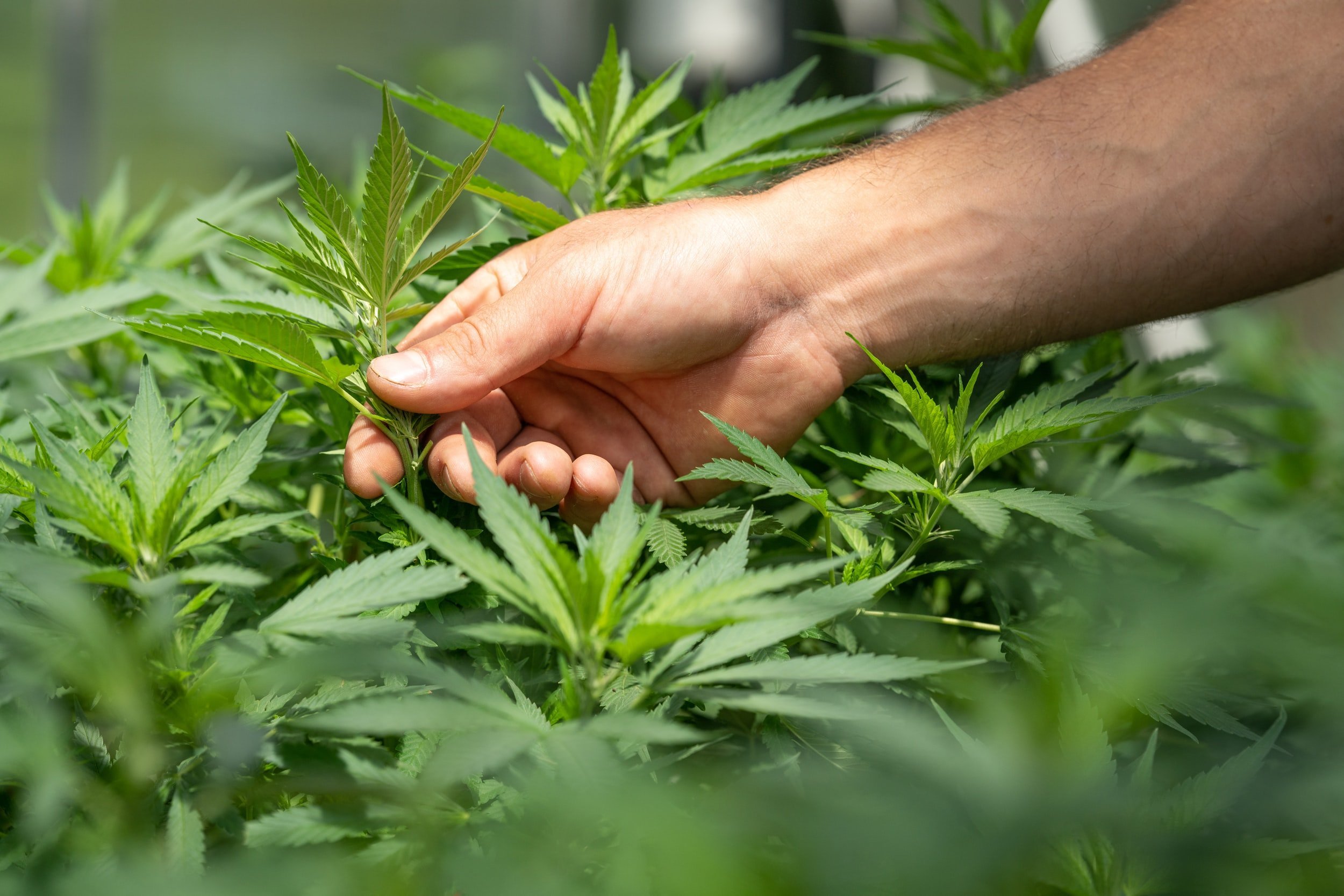
Veterans: CBD, Cannabis, & psychedelics
Research
For research on CBD and cannabis (CBD and THC) for concussions, see our section on Cannabis Research. See additional information on this topic in our section Cannabis for Concussions.
Nonprofits supporting Cannabis for veterans
There is a growing movement to provide ease of access to cannabis products to veterans.
Several nonprofit organizations provide no-cost or low-cost cannabis products to veterans as well as a supportive community and policy advocacy:
HEROGROWN (national, also includes First Responders)
Santa Cruz Veterans Alliance (California only)
Look for military discounts for CBD hemp products; discounts can be as 40% for veterans. Marijuana dispensaries typically give 10% discounts to veterans.
A nonprofit supporting psychedelics for veterans
Veterans Supporting Treatment Solutions (VETS)
“Since 2019, the non-profit Veterans Exploring Treatment Solutions (VETS) has provided grants for hundreds of U.S. Special Forces veterans to receive psychedelic-assisted therapy treatment outside the U.S., as well as preparation and integration coaching. VETS believes that psychedelic therapy can lay the foundation for further healing. This “foundational healing” enables continued progress across a range of therapeutic modalities, and is supported by a robust coaching program, providing a holistic treatment solution for veterans.”
Related Blog Posts
A narrative review in Brain Sciences evaluated 29 studies and found evidence that psilocybin could play a role in recovery after traumatic brain injury (TBI).
A recent New York Times article has brought greater attention to the use of ibogaine, a psychedelic derived from the bark of iboga trees, as a growing treatment for US veterans suffering from symptoms of brain injury and PTSD.
A study found that athletes who used cannabis regularly had better eye focus ability and lower levels of brain inflammation compared to the non-cannabis group after repetitive subconcussive head impacts.
A landmark study published in Nature Medicine found that ibogaine, an “atypical psychedelic” derived from the root bark of an African shrub, showed highly beneficial effects on emotional well-being and cognition in a group of Special Operations Forces (SOF) veterans with chronic illness relating to their military careers and history of traumatic brain injury (TBI), primarily mild TBIs.
A new pilot study from researchers Viddiparti et al. found that, over a 70-day period, medical marijuana use in 15 study participants significantly improved PTSD symptom severity and also produced a significant reduction in nightmares.
Research published in Nature Medicine by Mitchell and colleagues found that MDMA-assisted manualized inner-directed therapy (MDMA-AT) is a more effective treatment than manualized inner-directed therapy alone for improving moderate to severe post-traumatic stress disorder (PTSD).
In 2021, the NFL offered an opportunity to researchers to examine possible treatments for pain in NFL athletes. An article written for CBC News indicates that the NFL awarded over $500,000 to a study led by Patrick Neary, a professor and exercise physiologist at the University of Regina, a public university in Canada.
Research published in the Journal of Integrative Medicine sheds new light on the use of common cannabis products for treating headaches and migraines. Researchers Sarah S. Stith et al. found that dried Cannabis flower could effectively treat pain from migraines and headaches.
Cannabinoids may be beneficial in treating traumatic brain injury and multiple sclerosis, particularly for patients who “display resistance to conventional treatment.” In their recent literature review, Daniela Calina et al. found that, in animal models, “the use of cannabinoids in TBI increases neurobehavioral function [and] working memory performance.”
According to the Veterans Association (VA), 11.9% of veterans use marijuana, often to self-medicate for illnesses like PTSD. Yet the VA will not expand its cannabis research and "continues to deny cannabis recommendations to veterans in 36 states that allow medical marijuana," according to an article in Politico.
A study published in Neuropsychopharmacology found that CBD and THC reduces chronic neuropathic pain in mice. Neuropathic pain is pain caused by a disease of the nervous system. While chronic neuropathic pain and post-concussion symptoms are not directly linked, research on neuropathic pain provides valuable insight.
In an interview with The Varsity, Dr. David Lawrence discusses a study he co-authored regarding how cannabis, alcohol, and cigarettes affect concussion symptoms and recovery. The study, published in Brain Injury, followed 307 subjects for four weeks after their concussion to track their recovery. they found that cannabis use was associated with lower symptom severity in the third and fourth week.
The hands of scientists dropping marijuana oil for experimentation and research, ecological hemp plant herbal pharmaceutical cbd oil from a jar.
The Canadian company PreveCeutical Medical has developed a sustained-release CBD formulation of their Sol-gel pain-relief technology. These easy-to-use treatments release cannabinoids into the central nervous system through nasal mucosal tissue.
The first US-based clinical trial on CBD treatment for concussion is being conducted by the University of Miami. The five-year, three-stage study is funded by a $16 million grant from Canadian company Scythian Biosciences. The clinical trial will conduct research on a pill that combines CBD and dexanabiol, which researchers believe will reduce brain inflammation. See also the Miami Herald article.
CBD products from marijuana will have accurate labeling for purity and cannabinoid content, where the sale of marijuana is legalized. CBD products from hemp are unregulated, so we recommend purchasing from CBD hemp companies vetted by the online community Reddit. An advantage of marijuana products is that THC also has some neuroprotective qualities, and works synergistically with CBD to enhance medical benefits.
World Health Organization (WHO) report: CBD has a "good safety profile" and "may be a useful treatment" for numerous medical conditions. In June 2018, WHO will do a further review of extracts or preparations containing almost exclusively CBD.


















A study found that “veterans with chronic headache were very interested in combining alternatives, such as acupuncture, massage, yoga or tai chi, with mainstream medicine and that they were encouraged by the fact that alternatives exist to simply taking additional pharmaceuticals for pain.”